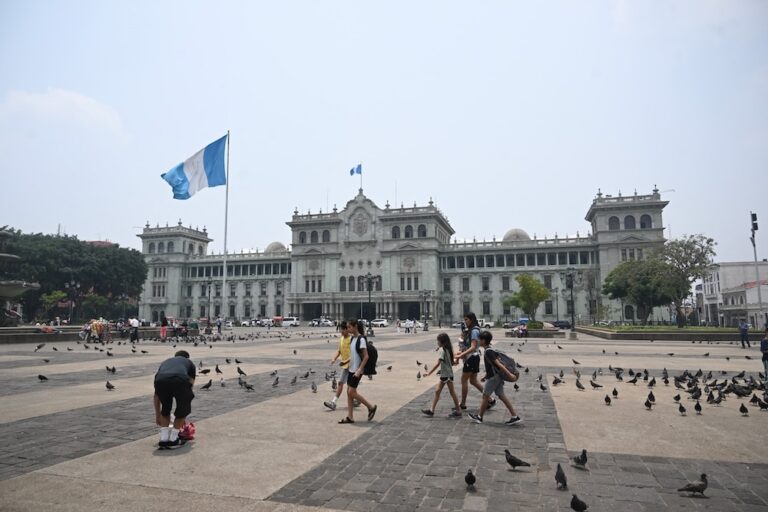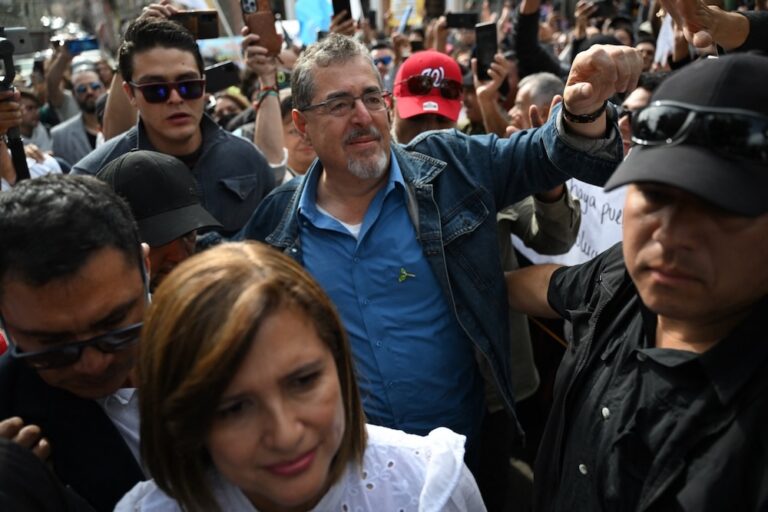A judge has issued an order banning journalist José Rubén Zamora from going to the vice president's home and place of work or study” for six months. The journalist had recently published investigations and criticism of alleged wrongdoing in the public office in which the vice president works.
UPDATE from the Committee to Protect Journalists: Journalist José Rubén Zamora was notified 7 January 2014 “that a judge had issued an order barring him from leaving the country in relation to a criminal complaint filed by President Otto Pérez Molina in November that accused the editor of coercion, blackmail, extortion, violating the constitution, and insulting the president” (8 January 2014)
The Inter American Press Association (IAPA) condemns a surprising order by a judge in Guatemala in favor of the Central American country’s vice president, Ingrid Roxana Baldetti Elías, that prohibits a certain journalist from getting physically near her due to criticism and reports he has been publishing.
On December 17, 2013 the judge of the Criminal Court for Offenses and Violence Against Women and Sexual Violence, Karen Jeannette Chinchilla Menéndez, issued an order for the physical protection of Baldetti, labeling José Rubén Zamora, editor of the newspaper elPeriódico, an “aggressor” and prohibiting him from “disturbing or intimidating” Baldetti and any member of her family.
The order also bans Rubén Zamora’s access to her “permanent or temporary home and place of work or study” for six months.
In recent months Rubén Zamora has published investigations and formulated serious criticism of alleged wrongdoing in the public office in which the vice president works. He has also shown that the national government has withdrawn official advertising from his newspaper in reprisal for those criticisms and his online edition has been hacked.
“What most calls the attention to this incredible court order is that it is a new way of shielding an official from criticism,” declared Claudio Paolillo, chairman of the IAPA’s Committee on Freedom of the Press and Information.
Paolillo, editor of the Montevideo, Uruguay, weekly Búsqueda, added, “We energetically reject this new form of censorship, an order that re-invents the offense of contempt, giving public officials the privilege of silencing criticism.”
He publicly called on the Guatemala judiciary to set aside this “censorship order” for contravening “constitutional and elemental legal principles regarding freedom of expression in Guatemala.”


